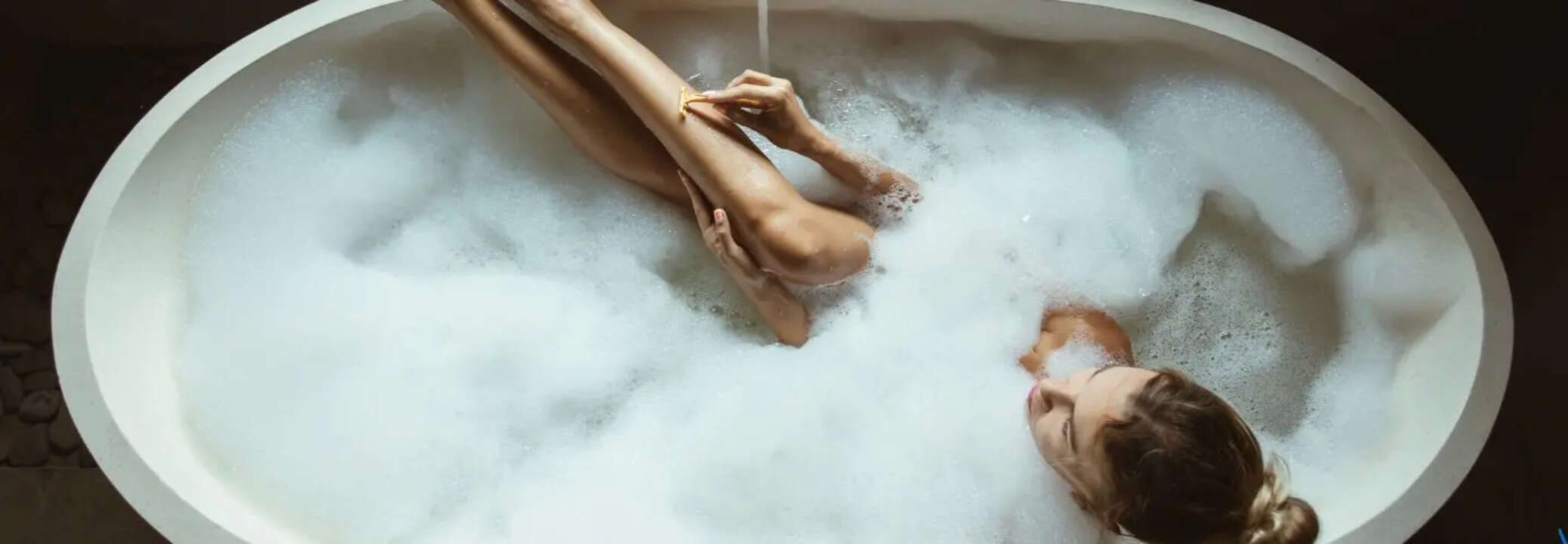What Happens When You Don't Shower Everyday?

Credit: Canva
SummaryNot showering every day can lead to a range of issues, like discolouration. Besides, it is also reflective of significant inflammation and irritation caused by a lack of personal hygiene.
End of Article
